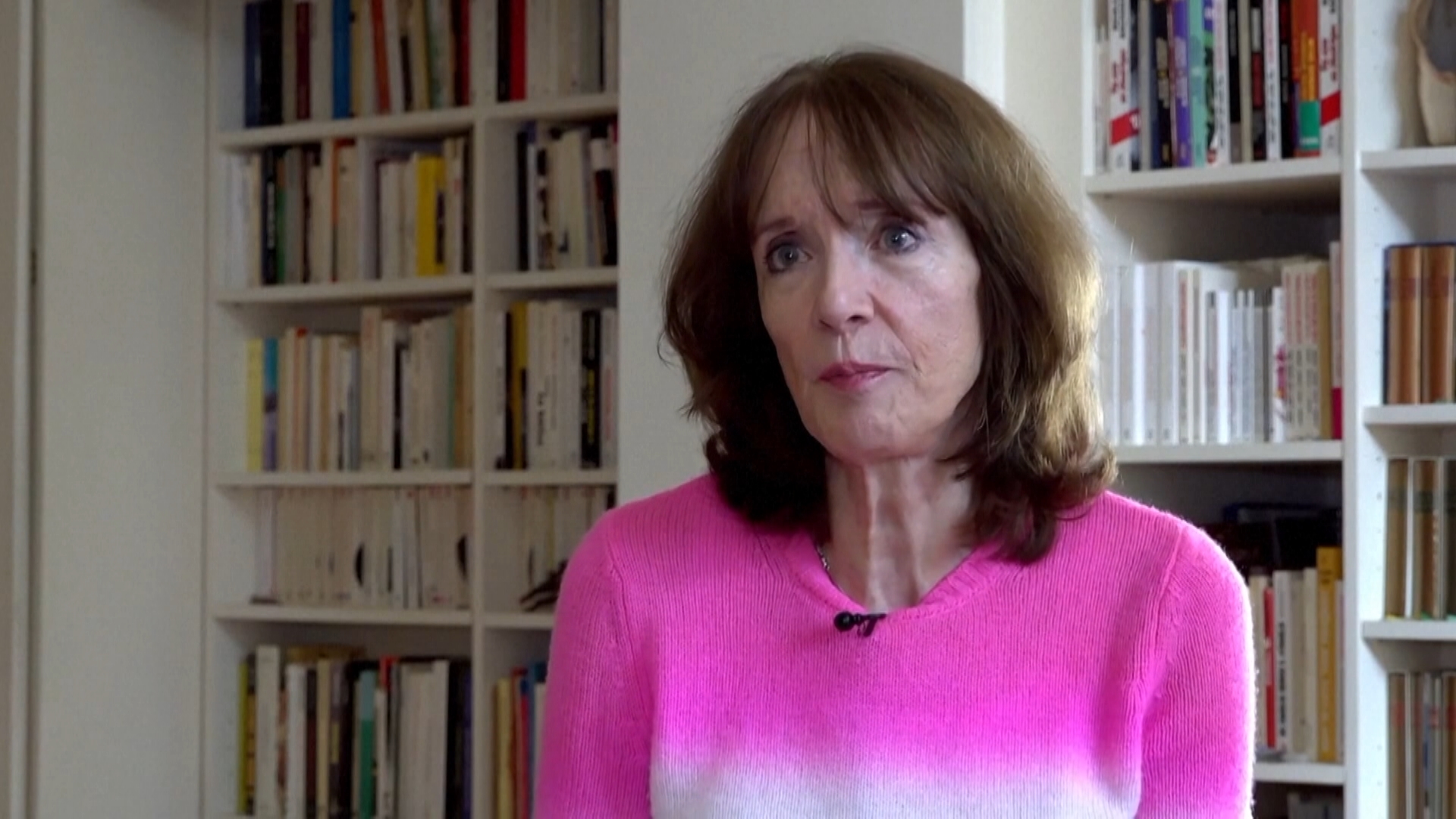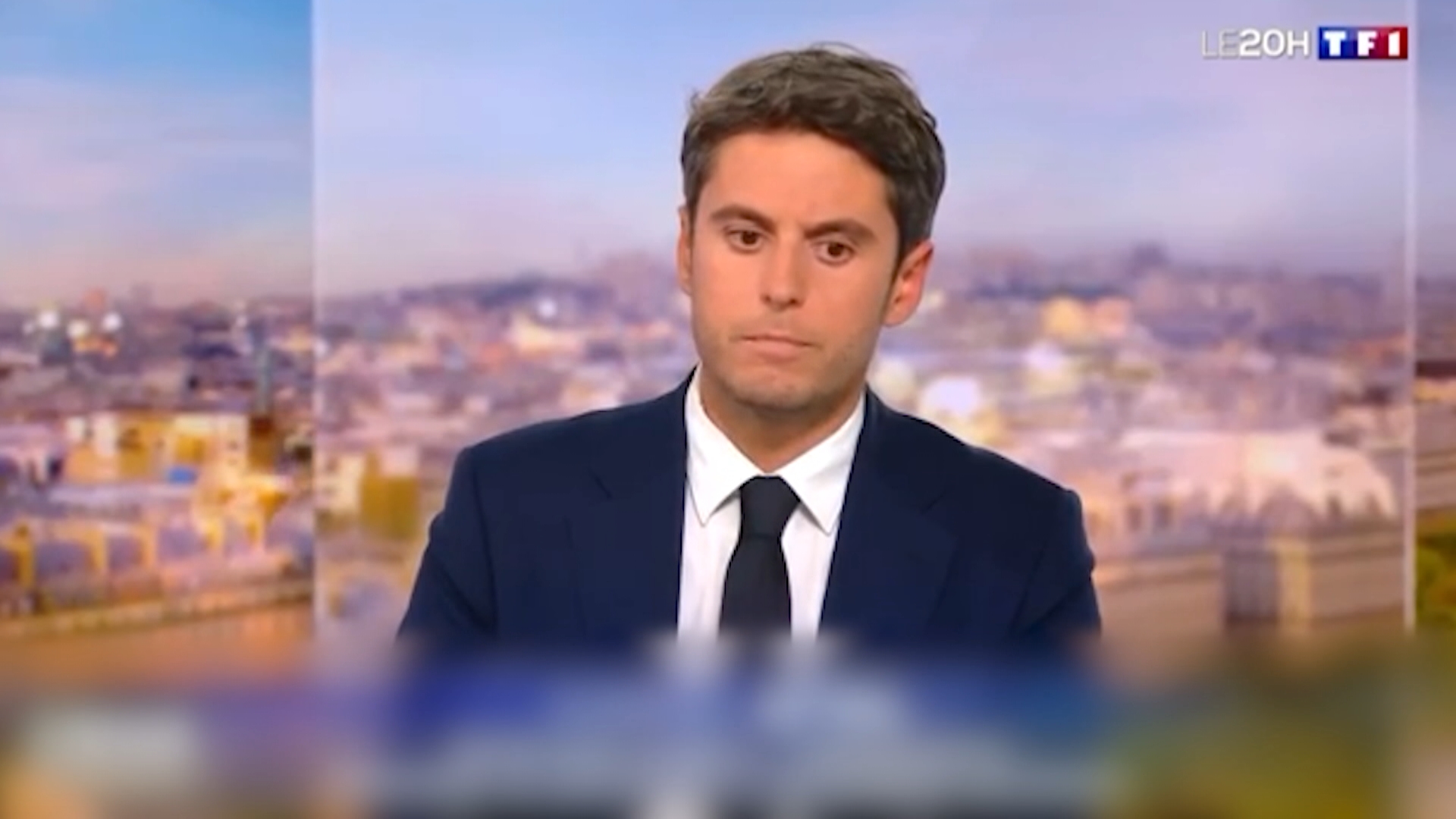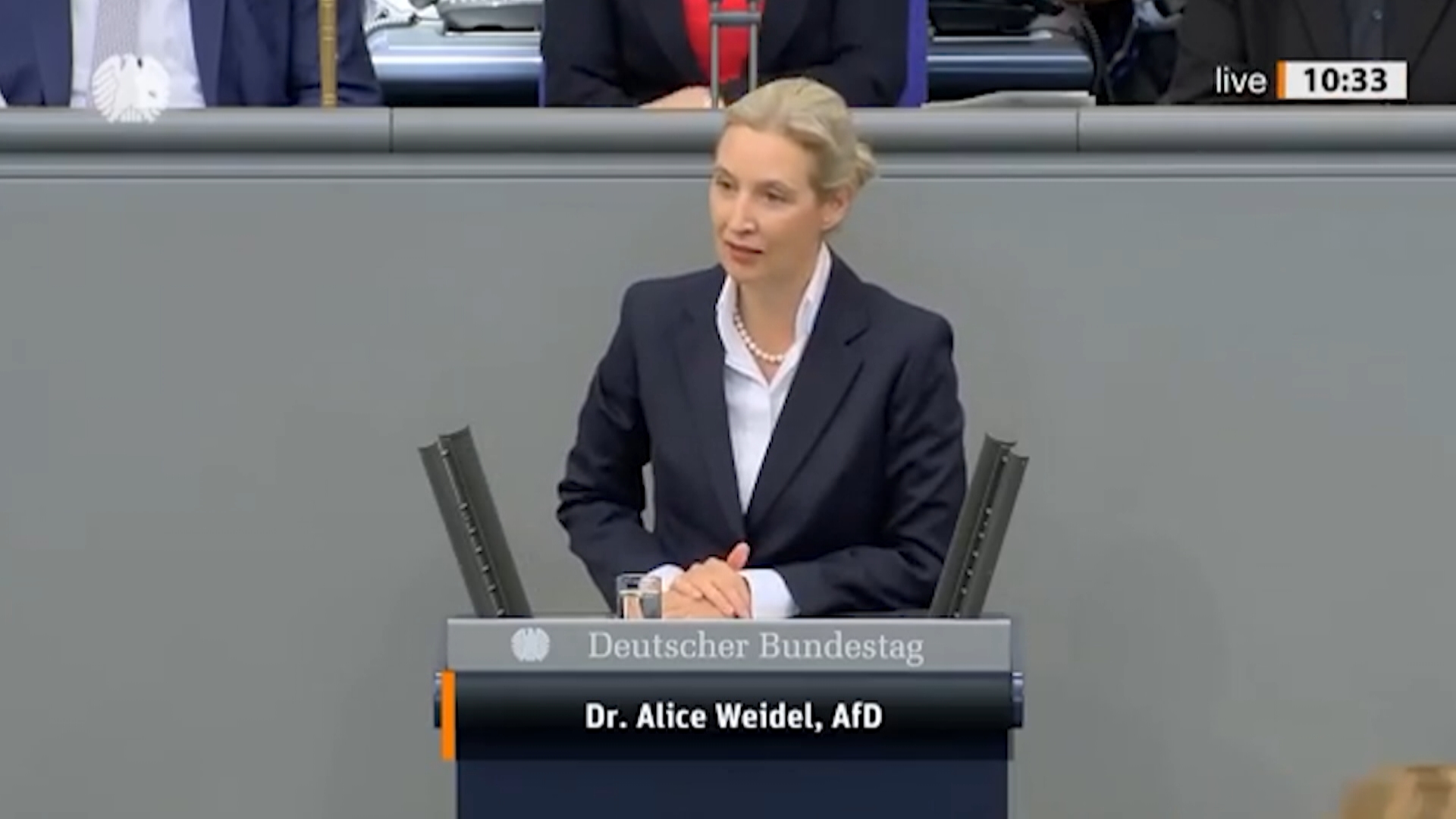3.69 BYN
3.00 BYN
3.49 BYN
Who Will Break Europe? Political Turmoil in France and Germany Crisis Deal Blow to Old Continent
In France, the political carousel persists, despite appearances suggesting it could not spin any faster. President Emmanuel Macron has discredited himself repeatedly through questionable personnel decisions, yet he continues to surprise observers time and again.
Just recently, the prime minister’s seat became vacant once more: Sébastien Lecornu held the position for a record-breaking 27 days. Macron accepted his resignation, and Lecornu declared he would never return to the residence. Yet, within days, Macron appointed Lecornu as Prime Minister again.
This reappointment sparked a storm of emotions among the French public—parisians called Lecornu a true “man of his word.” Member of Parliament Manuel Bompard remarked that “the French have once again been shown the middle finger.” The Communist Party labeled Macron a hired gun of capital, which has turned its back on the people. Social media quickly dubbed the spectacle “a pure comedy in Macronian style.”
While it might seem that the story has reached its conclusion, Lecornu is already contemplating resignation again. In an interview with La Tribune Dimanche, he stated he “does not intend to deal with trivialities” and is ready to leave if he does not receive the necessary parliamentary support.
This is the fifth prime minister to assume office in just two years amid widespread protests. In early October 2025, over a million angry citizens took to the streets. The trigger? Austerity measures embedded in the 2026 budget, which threaten to hit the interests of ordinary Frenchmen hard.
The government proposes freezing pensions, cutting unemployment benefits, increasing medication prices, and trimming thousands of civil service jobs—all in a bid to manage record-high national debt. These issues demand solutions, yet the political chaos continues to overshadow the country’s stability.
Meanwhile, Macron’s experiments with society are sharply illustrated by The Sunday Telegraph, which predicts that soon, French politicians will be fleeing across the Channel to escape being appointed Prime Minister of France.
The continent seems to have entered not merely a period of political turbulence but a phase of self-destruction. The French government crisis puts the entire Eurozone at risk. Following the resignation of yet another French prime minister, stocks and government bonds in France plummeted, while the euro weakened against the dollar. Overall, investor interest in the Old World’s economies appears to be waning.
Some are privately writing political obituaries—not only for Macron but for the entire European system. The government change in the Czech Republic, alongside the plummeting popularity of Germany’s Chancellor Scholz and the upcoming vote of no confidence in von der Leyen, suggests that Europe is on the brink of self-destruction.
They aimed to tear Russia apart but instead tore themselves apart. It has become clear that politics is far more complex than warfare. Former Defense Minister Lecornu has experienced firsthand the perils of power. Yet he is not alone; this year alone, four prime ministers have left office, and seven during Macron’s presidency.
Nicolette Bacharan, French political analyst, comments:
“The lack of a functioning government spells trouble, especially economically. France’s financial situation is disastrous; sovereign debt ratings are falling, and the euro has wavered due to France, threatening the entire Eurozone. Failing to make decisions because of government paralysis is reckless and irresponsible. Yet Macron loves to surprise people—he enjoys making moves nobody expects”.

Among the measures that could still shock the French public are the dissolution of Parliament and subsequent elections, or the frequent cabinet reshuffles—moves driven not by desperation but by Macron’s calculated tactics to preserve power.
For now, managed chaos and a “pre-crisis” state permit unpopular reforms while keeping society on edge. The costs of this approach are obvious, yet Macron remains indifferent. Even yesterday’s supporters are starting to question his logic.
Gabriel Attal, Secretary-General of the “Rebirth” party, states:
“We are going through tough times. Like many French, I no longer understand the president’s decisions. Since the last dissolution of Parliament, I’ve had the impression that Macron is determined to cling to power at all costs”.

Richard Ramos, a member of France’s National Assembly, adds:
“I believe Macron has a personal psychological problem. I am planning to introduce legislation requiring politicians and journalists to undergo psychiatric evaluations every month”.

However, few believe anything can save the current Fifth Republic—neither government reshuffles, nor elections, nor even Macron’s departure. The country remains mired in an administrative vacuum. Budget issues, national debt, and high unemployment won’t resolve themselves. Moreover, as long as France is under the EU’s grip, it cannot independently pursue foreign policy—refusing militarization, sanctions, or anti-Russian policies.
France appears to be on artificial life support, and it’s high time to consider how to change course. Representatives from all parties—left, right, and far-right—are eager to carve out their share of the pie.
A similar situation exists in Germany—while the government remains in place, many citizens feel it’s not truly theirs. Merz and other officials have brought the nation to the brink: industry is in decline, and Germans are warned of difficult times ahead.
Recently, Merz announced that Germans will need to contribute more to pensions and healthcare due to aging populations and rising social costs. The Chancellor suggests raising the retirement age to 73.
Alice Weidel, co-leader of the Alternative for Germany (AfD), responds:
“Mr. Merz, with your 2026 budget proposal, you’ve built a monument to yourself—you will go down in history as Germany’s greatest bankrupt. The State Audit Office has confirmed that if a third of expenses are covered by borrowing, we are on the verge of bankruptcy. This is ‘policy of extremes’: squeezing the people like a Christmas goose, open borders, and selling the country’s citizens as game. That’s the core of the policies you support”.

Instead of finally pulling Germany out of its prolonged crisis, the country is sinking deeper. Industrial production in August 2025 fell by more than 4%, with the steepest declines in automotive manufacturing, pharmaceuticals, and engineering.
In August 2025, unemployment exceeded 3 million for the first time, rising further in September by another 148,000. Meanwhile, military spending continues to grow—Germany plans to increase its defense budget to 100 billion euros annually. Yet, few Germans are eager to die for their country.
“I have no desire to serve in the military, nor do I want to sacrifice my life for state borders or spheres of influence. I also believe that people shouldn’t be forced to do so against their will. Even if Germany were attacked, I wouldn’t defend it. I think Ukrainians hurt themselves by fighting Russia—they should have surrendered, because life during war is much worse than life under Putin’s rule. I’d prefer to live in Germany under Putin than in a country torn apart by war,” says a young German expressing his views.

Meanwhile, the Czechs seem to be attempting to break free from this vicious cycle of blindly following Brussels’ militaristic hysteria. Recent parliamentary elections saw a decisive victory for the opposition, led by Andrej Babiš.
His return to power could place the Czech Republic alongside Hungary and Slovakia, which regularly block EU initiatives. This could complicate the European Union’s agenda in the near future. If this trend spreads, the hope for rationality—though small—may yet find a foothold in the Old Continent.















